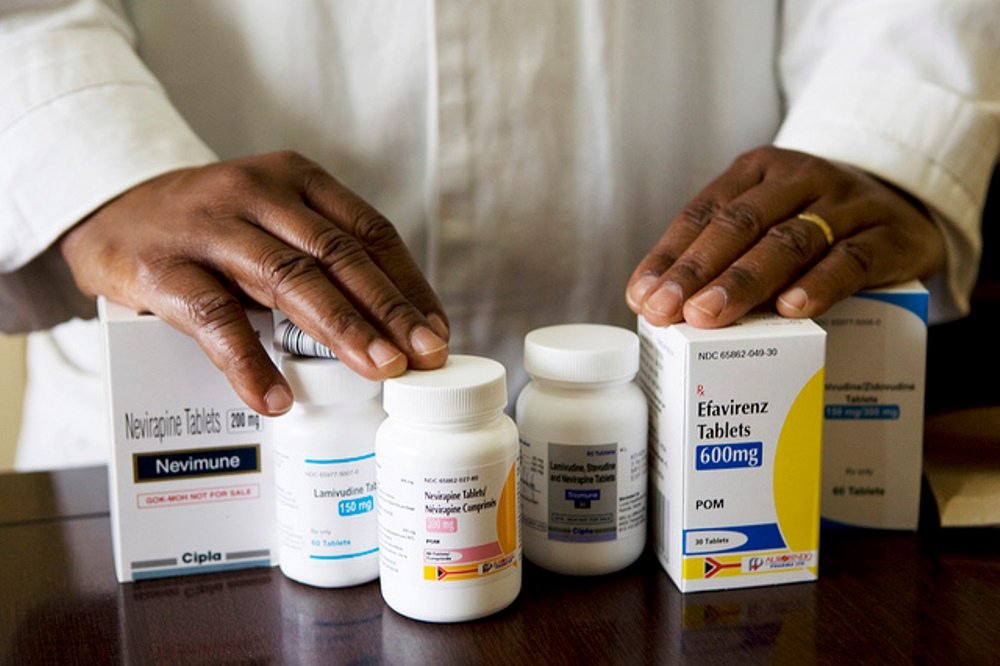
There is no ARVs shortage in the country despite a delay in the supply of the essential drugs, health PS Peter Tum said.
Tum said the ministry reviews supplies routinely to ensure there is a three-month stock level at all time.
In a statement on Monday, Tum said the delay facing supply of 540,730 patients packs of Atazanir/Ritonavir(ATV/r) and 80,000 kits of HIV Determine Rapid Test kits among other commodities under the global fund counterpart funding had been resolved.

The PS said the obstacle in the supply of the drugs was as a result of global supply constraints of raw materials.
“The Active Pharmaceutical Ingredients-API issues have been sorted out and the supplier committed to deliver as follows 100,000 by September 15, 2018, and another 100,000 by September,” Tum said.
On the testing kits, Tum said 80,000 were wrongly labelled.
He said the supplier labelled them with USAID not for resale instead of GOK- MOH not for sale.
“The supplier took a long time to send a team to the country to correct the error, this batch also suffered the same problem as above,” Tum added.
He said that correction had been done and payments being done.
Unprofessional Medics on the Spot
At least 85,000 Kenyans living with HIV will miss treatment this year simply because of the attitude of workers in health facilities, a new study suggests.
The study shows 5.7 per cent of patients enroled on the life-prolonging antiretroviral therapy are usually lost to follow up, but no sufficient effort is made to locate them.

Others die a few months after being put on ARVs.
The study found health facilities with a proactive culture report fewer deaths and less cases of patients lost to follow up. “Factors such as long waiting times for clients, using staff who do not have specialised training in HIV care, failure to contact individuals who do not attend clinic, and lack of communication between pharmacy and clinic staff if ART drugs are not collected lead to patients being lost to follow-up,” says the study conducted in Nairobi.
Patients lost to follow-up are those who enrol for HIV care but abandon clinic visits and cannot be traced for more than three months.

Findings published last week by the Plos One journal also suggest many of the early HIV-related deaths are avoidable and have less to do with patient and disease factors.